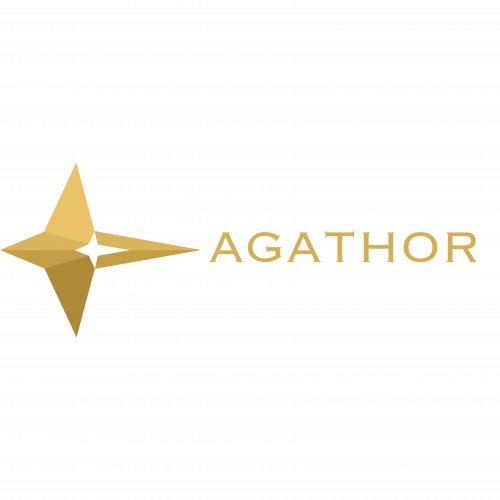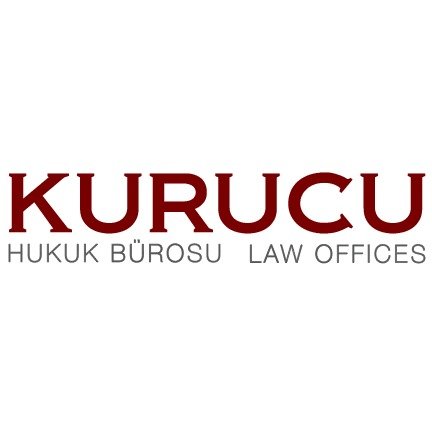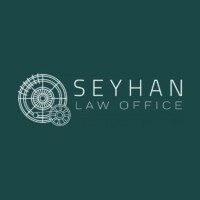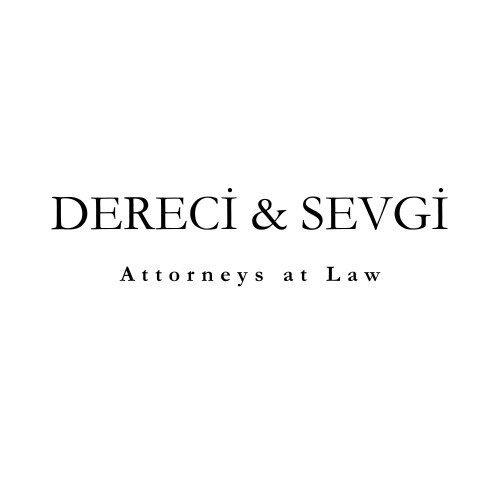Best Mining Law Lawyers in Ankara
Share your needs with us, get contacted by law firms.
Free. Takes 2 min.
List of the best lawyers in Ankara, Turkey
About Mining Law in Ankara, Turkey
Mining Law in Ankara, Turkey, is a specialized area of law that governs the exploration, extraction, management, and environmental impact of mineral resources within Turkish territory. Ankara, as the nation’s capital and administrative center, is home to the main offices of governmental agencies that regulate and supervise mining activities. Mining Law in Turkey is primarily regulated by the Mining Law No. 3213, which establishes the legal basis for obtaining mining rights, conducting operations, and resolving disputes. The legislation also integrates international standards and European Union regulations, aiming to ensure sustainable development and responsible mining practices.
Why You May Need a Lawyer
Engaging in mining activities in Ankara can be complex due to stringent regulations and the need for compliance with local and national laws. You may need a mining law lawyer if you are:
- Seeking mining licenses or permits for exploration or operation
- Involved in a dispute over mining rights or land ownership
- Facing regulatory enforcement actions or environmental claims
- Dealing with contractual issues related to mining investments or joint ventures
- Involved in due diligence for mergers, acquisitions, or financing in the mining sector
- Looking to ensure compliance with environmental and occupational safety regulations
- Negotiating with government agencies or local communities about mining activities
Local Laws Overview
Mining activities in Ankara are regulated chiefly by:
- Mining Law No. 3213 - This sets forth the procedure for obtaining exploration and operation licenses, defines mining rights, and delegates oversight to the Ministry of Energy and Natural Resources and the General Directorate of Mining and Petroleum Affairs (MAPEG).
- Environmental Law No. 2872 - Requires Environmental Impact Assessment (EIA) reports before starting certain mining operations.
- Occupational Health and Safety Law No. 6331 - Establishes safety standards for mining activities, worker protections, and employer obligations.
- Mining Regulation - Provides the administrative framework for applying the Mining Law, including licensing procedures, responsibilities, and reporting requirements.
Local municipalities in Ankara may also have additional zoning, land use, and environmental requirements for mining projects. Legal compliance from initial exploration to rehabilitation after closure is monitored by relevant ministries and local agencies.
Frequently Asked Questions
What is the primary legislation governing mining in Ankara, Turkey?
The main law is Mining Law No. 3213, supported by various regulations and guidelines enacted by the Ministry of Energy and Natural Resources.
Who grants mining licenses and permits in Ankara?
Licenses and permits are granted by the General Directorate of Mining and Petroleum Affairs (MAPEG), under the Ministry of Energy and Natural Resources.
Can foreign investors participate in mining activities in Ankara?
Yes, foreign investors are allowed to acquire mining rights or invest in mining operations, subject to compliance with Turkish laws and regulations.
What are the main types of mining licenses?
There are primarily two types: the Exploration License and the Operation License. Each has specific application, duration, and renewal requirements.
Is an Environmental Impact Assessment (EIA) mandatory for mining projects?
Yes, most mining activities require an EIA report to evaluate the project's potential environmental effects. Approval is needed before operations can begin.
What happens if a company operates without the necessary licenses?
Operating without appropriate licenses is illegal and can result in administrative fines, suspension of activities, closure of operations, or even criminal prosecution.
How are disputes over mining rights resolved?
Disputes are typically resolved through Turkish courts or arbitration, depending on the terms of relevant contracts and agreements.
What obligations do mining companies have regarding environmental protection?
Mining companies must comply with strict environmental regulations, including restoration and rehabilitation of mining sites after closure, and ongoing management of environmental impacts.
Are there specific landowner rights in relation to mining activities?
Landowners do not automatically have rights to minerals beneath their land. Mining rights are separate and granted by the government, but landowners are entitled to compensation for use and impact.
What are the penalties for violating mining regulations?
Penalties may include fines, suspension or cancellation of licenses, liability for environmental damage, and other administrative or criminal sanctions.
Additional Resources
If you are seeking further information about mining law in Ankara, consider consulting:
- General Directorate of Mining and Petroleum Affairs (MAPEG)
- Ministry of Energy and Natural Resources
- Ministry of Environment, Urbanisation and Climate Change
- Ankara Bar Association (mining law committees)
- Local environmental organizations familiar with mining regulations
- Chamber of Mining Engineers, Ankara Branch
Next Steps
If you need legal assistance regarding Mining Law in Ankara, the following steps can help:
- Gather all relevant documents and information about your mining project or situation, including licenses, permits, and correspondence with authorities.
- Identify your legal needs, whether they relate to licensing, compliance, dispute resolution, or environmental issues.
- Contact a lawyer or law firm that specializes in mining law or has experience in the energy and natural resources sector in Ankara.
- Schedule a consultation to discuss your case and evaluate your legal options.
- Stay informed about deadlines, regulatory requirements, and any changes to relevant laws or procedures that may affect your situation.
Legal assistance can help ensure that your mining activities are compliant, your rights are protected, and risks are minimized in accordance with local and national requirements.
Lawzana helps you find the best lawyers and law firms in Ankara through a curated and pre-screened list of qualified legal professionals. Our platform offers rankings and detailed profiles of attorneys and law firms, allowing you to compare based on practice areas, including Mining Law, experience, and client feedback.
Each profile includes a description of the firm's areas of practice, client reviews, team members and partners, year of establishment, spoken languages, office locations, contact information, social media presence, and any published articles or resources. Most firms on our platform speak English and are experienced in both local and international legal matters.
Get a quote from top-rated law firms in Ankara, Turkey — quickly, securely, and without unnecessary hassle.
Disclaimer:
The information provided on this page is for general informational purposes only and does not constitute legal advice. While we strive to ensure the accuracy and relevance of the content, legal information may change over time, and interpretations of the law can vary. You should always consult with a qualified legal professional for advice specific to your situation.
We disclaim all liability for actions taken or not taken based on the content of this page. If you believe any information is incorrect or outdated, please contact us, and we will review and update it where appropriate.














